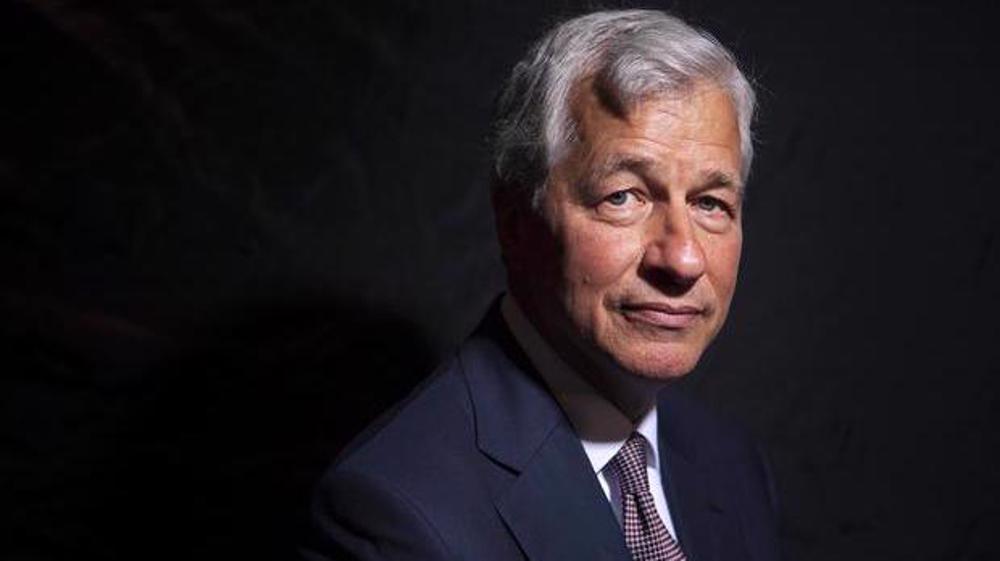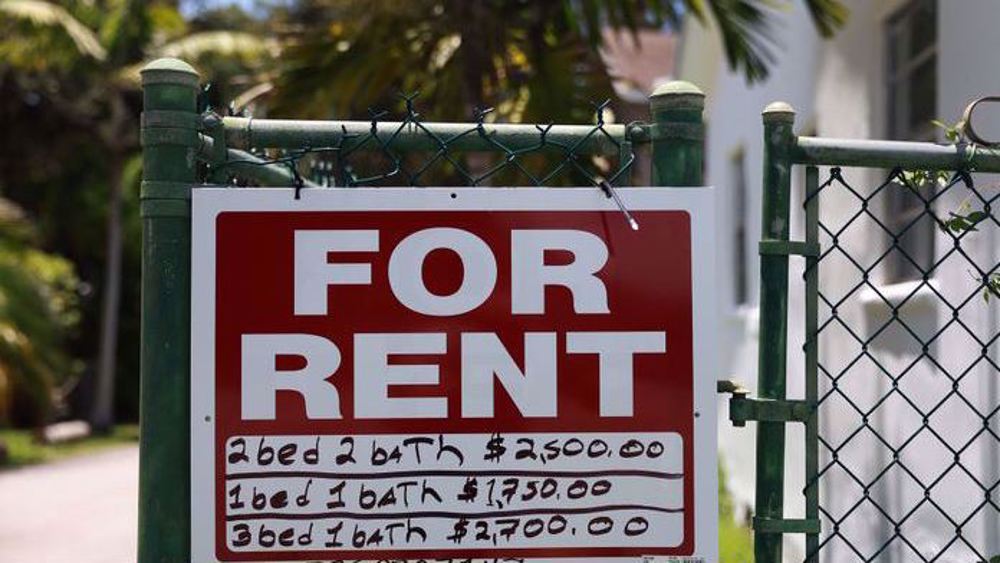US federal deficit soars to record $2.7 trillion amid pandemic: CBO
The US government’s budget deficit hit a record $2.7 trillion in the first nine months of the fiscal year, almost double the largest full-year deficit on record, according to Congressional Budget Office (CBO) estimates.
In June alone, the federal deficit was $863 billion, compared with a deficit of $8 billion in the same month last year, CBO reported Wednesday.
“Revenues were 13 percent lower and outlays were 49 percent higher through June 2020 than during the same nine-month period in the fiscal year 2019,” as per the update, CBO said.
The increase originates from the economic disruption caused by the coronavirus pandemic as well as from the federal government’s response to it.
The deficit is also expected to exceed $3.8 trillion, shattering the $1.4 trillion record set in 2009 when the global financial crisis resulted in the Great Recession.
CBO estimated that last month outlays increased to $1.1 trillion, of which nearly half went to emergency small-business loans under the Paycheck Protection Program Congress enacted in March to help small companies meet payroll expenses and keep workers.
Spending on unemployment insurance benefits also went up during the same month, as millions of Americans lost their jobs in spite of efforts by many states to keep activity normal after months of shutdowns.
Outlays for jobless benefits also increased from $2 billion in June 2019 to $116 billion last month, of which nearly half was due to the additional $600 in weekly benefits Congress authorized as part of the Cares Act.
Congress has passed over $3 trillion in health and emergency measures this year to prevent a depression. Meanwhile, another bill is under debate this month as some crucial benefits, such as expanded unemployment, are due to expire.
Meanwhile, Federal Reserve officials raised fresh doubts on Wednesday about the durability of the US economic recovery.
“I do expect unfortunately that the economy is going to remain weaker than many had hoped through the summer and fall,” Boston Fed President Eric Rosengren told Reuters.
Also, Atlanta Fed President Raphael Bostic said high frequency data on small businesses “are suggesting the energy for reopening businesses and for just general activity is starting to level off,” as the number of coronavirus cases is increasing in places like Florida and elsewhere.
Based on the latest quarterly survey of over 500 company chief financial officers, carried out jointly by the Atlanta and Richmond reserve banks and Duke University, the finance chiefs said they were concerned about the weak demand for their products, adding they were expecting job recovery to stall for the rest of the year.
Hezbollah hits Israeli military sites near border with rockets, drones
Rwandans strike-back at UK over 'ethically questionable' Rwanda deportation bill
US troops begin construction of controversial pier off Gaza
Israel ‘spoofs’ GPS signals, endangering flight safety amid Gaza war: Report
Iran urges Security Council to address 'belligerent' Israeli atrocities
VIDEO | Leader meets workers on Labor Week
French police called in to break up US-style pro-Palestinian student demo
VIDEO | US continues starving Syrians, stealing their resources











 This makes it easy to access the Press TV website
This makes it easy to access the Press TV website